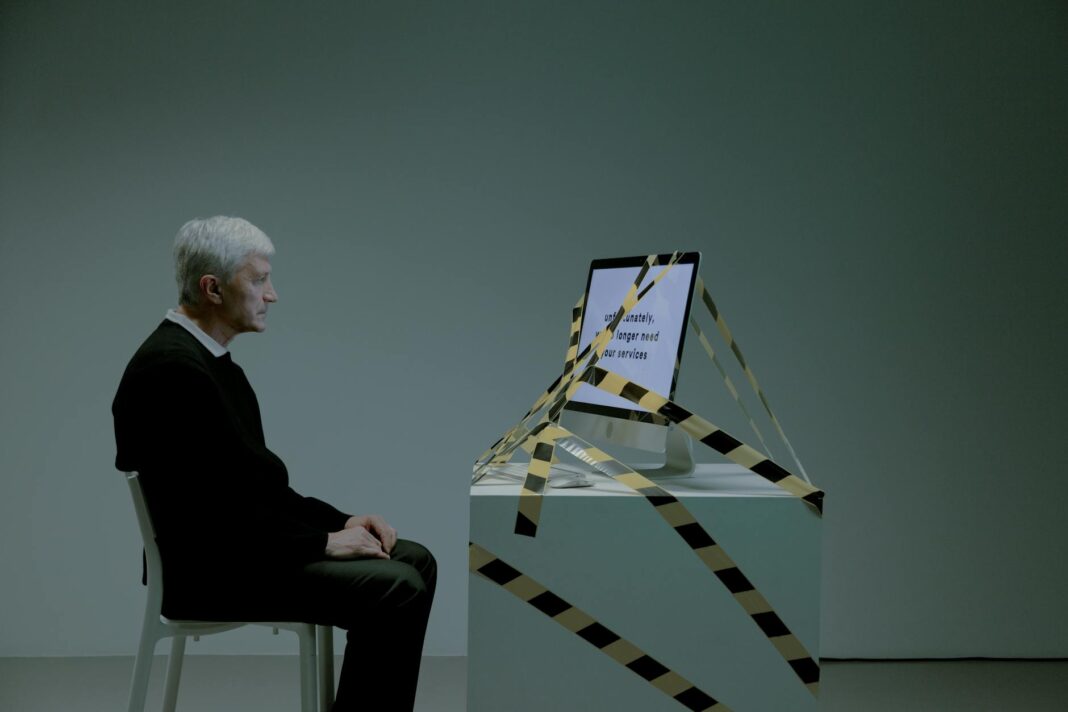Maurene Comey’s Bold Move Against the Trump Administration
Maurene Comey, a notable federal prosecutor who played a significant role in the high-profile cases against sex traffickers Jeffrey Epstein and Ghislaine Maxwell, is making headlines once again. This time, it’s not for her courtroom victories, but for her legal challenge against the Trump administration. Comey has officially filed a lawsuit aimed at reinstating her position after what she claims was an “illegal” firing from the Department of Justice (DOJ). This lawsuit raises questions about the treatment of federal employees and the implications of political influence in judicial appointments.
Background of the Controversy
The backdrop to Comey’s lawsuit is a turbulent period in U.S. politics, particularly during Trump’s presidency. As a part of the DOJ, Comey was deeply involved in prosecutions that garnered national attention, particularly those revolving around Epstein and Maxwell, who were accused of heinous crimes. Her firing came as a shock to many, especially considering her significant contributions to these cases. In her lawsuit, Comey alleges that her dismissal was not only unjust but also politically motivated, suggesting that her work did not align with the administration’s agenda.
The Legal Battle Ahead
This lawsuit is more than just a personal fight for Comey; it symbolizes a broader struggle within the DOJ and federal employment practices. Comey’s legal team is arguing that her termination was a violation of federal law, and they’re prepared to take this battle to the courts. Such legal entanglements often expose the inner workings of the political landscape, particularly how federal positions can be jeopardized by changing administrations. Comey’s fight could set a precedent for how similar cases are handled in the future.
The Implications of Comey’s Case
If Comey succeeds in her lawsuit, it could have lasting implications for the DOJ and the independence of federal prosecutors. It raises critical questions about the extent to which political affiliations should influence hiring and firing practices within government agencies. Additionally, it could encourage other federal employees who feel they have been unjustly treated to pursue similar legal actions, potentially leading to a wave of lawsuits challenging political firings.
The Broader Context of Federal Employment
Federal employment is increasingly under scrutiny, particularly in how it intersects with political agendas. Comey’s case is not an isolated incident; it reflects a growing trend where federal employees face dismissal or retaliation based on political motivations rather than job performance. The perception that political loyalty outweighs professional qualifications threatens the integrity of the judicial system. This situation is not just a legal issue; it’s a matter of public trust in federal institutions.
Public Reaction and Support
The public response to Comey’s lawsuit has been mixed. Supporters argue that her fight represents a stand against political interference in the justice system, while critics claim that she is merely trying to protect her position in a politically charged environment. Social media has erupted with opinions on both sides, showcasing the divided sentiments surrounding this case. Some view Comey as a whistleblower, while others see her actions as a tactical maneuver to regain her power. Regardless of the public’s perception, the legal ramifications of her case will undoubtedly have significant implications.
What’s Next for Comey?
As Comey’s case progresses, it will be crucial to monitor how the courts respond to her claims. Will the judicial system uphold her rights as a federal employee, or will it allow political motivations to dictate the terms of employment? The outcome could reshape the landscape for federal employees and set a precedent for future legal battles involving similar claims. Comey’s fight represents more than just a personal agenda; it embodies a critical moment in the ongoing struggle for fairness and justice within the federal workforce.
Questions
What do you think are the implications of this lawsuit for federal employment practices?
Could this case influence other federal employees to challenge their dismissals?
How might the outcome affect future administrations’ treatment of federal prosecutors?


